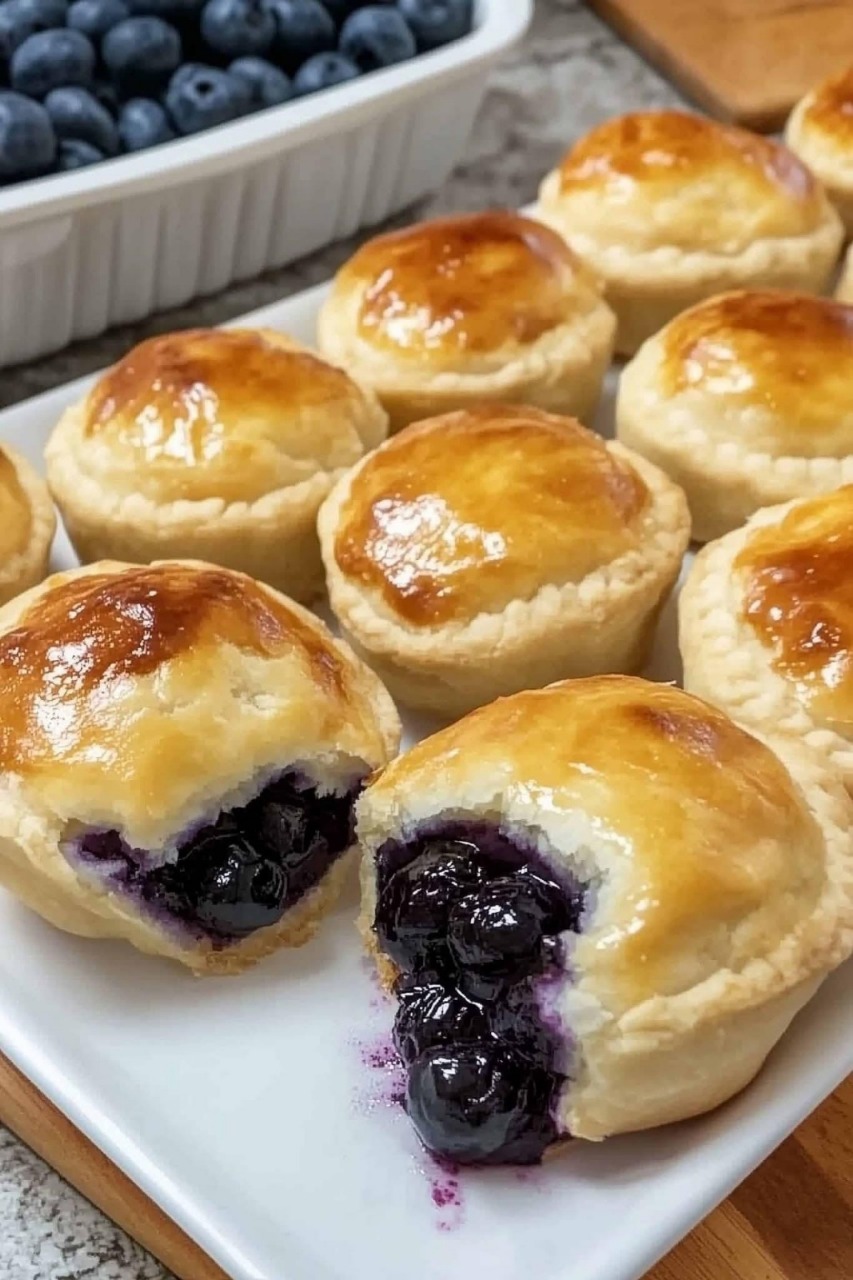Farming had never been part of my plan. But the pull to return was undeniable. The next morning, I drove out to the farm. The house looked the same—white paint peeling, wind chimes clinking in the breeze. But my eyes went straight to the barn.
It had always been locked. As a child, I imagined it full of broken tools or dangerous things—snakes, bees, secrets. Grandpa never explained why I couldn’t go inside. But now, standing before it, I noticed something strange. The barn was weathered, sagging—but the padlock was new. Shiny. Well-oiled. Recently placed.
Curiosity burned. I tore through the farmhouse, searching for a key. After hours of rifling through drawers and cupboards, I found it tucked inside an old coffee tin behind a stack of recipe cards. The silver key felt warm in my hand.
When the lock clicked open, my breath caught. The doors groaned. Dust swirled in the sunlight. The scent of cedar and hay filled the air. At first glance, it looked ordinary—tarps draped over bulky shapes, crates stacked in neat rows. But the orderliness felt intentional.
I pulled back the first tarp and froze.
Beneath it sat a hand-carved wooden chest, smooth and polished, decorated with tiny stones. Around it were wooden toys—miniature horses, wagons, little carved people. As kids, we’d received toys from Grandpa, always assuming they were store-bought. Now I knew: he had made them himself. Every single one.
The chest was locked—not with a key, but with a puzzle carved into the wood. It took me half a day, my fingers raw, my patience thinning. When it finally clicked open, I gasped.
Inside was a letter and a check for $10,000.
“Lily,” the note read, “I hope it’s you reading this. Good work. Here’s your reward. Keep going.”
Tears blurred my vision. His voice felt alive in those words. There were four more chests in the barn, each numbered, each locked with a puzzle. I couldn’t stop now.
The second chest held another check and a note explaining that all the toys we’d ever received were his own handiwork. The third chest was filled with letters—love notes between him and my grandmother, full of dreams, struggles, and devotion. I read them by lantern light, weeping. Their love was etched into every board of that farmhouse.
The fourth chest nearly broke me. After hours of frustration, I solved it. Inside was another check and a letter hinting at a secret life.
“You wonder why, and where the money came from. The last chest has part of my truth. I love you.”
The final chest consumed me for days. When I finally cracked it, my hands trembled as I unfolded the letter.
“I built this farm with your grandmother because it was our dream. Along the way, I discovered woodworking—first toys, then puzzle boxes, eventually safes for collectors. That’s how I earned more than anyone guessed. Maybe it’s selfish, but I believe this life will be good for you. You don’t have to farm—you can write, you can dream. Let the quiet give you strength, as it gave me. I’ve made sure you’ll have enough. Whatever you choose, I’ll be loving you from the other side. Always, Grandpa.”
I pressed the letter to my chest and sobbed. He remembered my dream of writing when no one else did. He had built a legacy not just of land, but of love and creativity.
As I left the barn, I spotted one last surprise: a tiny wooden key carved with the initials “M and L”—Margaret and Lily. Grandma and me. Another mystery. Another story waiting to be uncovered.
Now I live on the farm, writing on the porch where he once sat, the fields stretching out before me. The barn is my workshop. The land is my muse. His puzzles weren’t just about money—they were lessons. That quiet matters. That love endures. That sometimes, the greatest treasures are the stories we inherit, waiting patiently for us to unlock them.
ADVERTISEMENT

